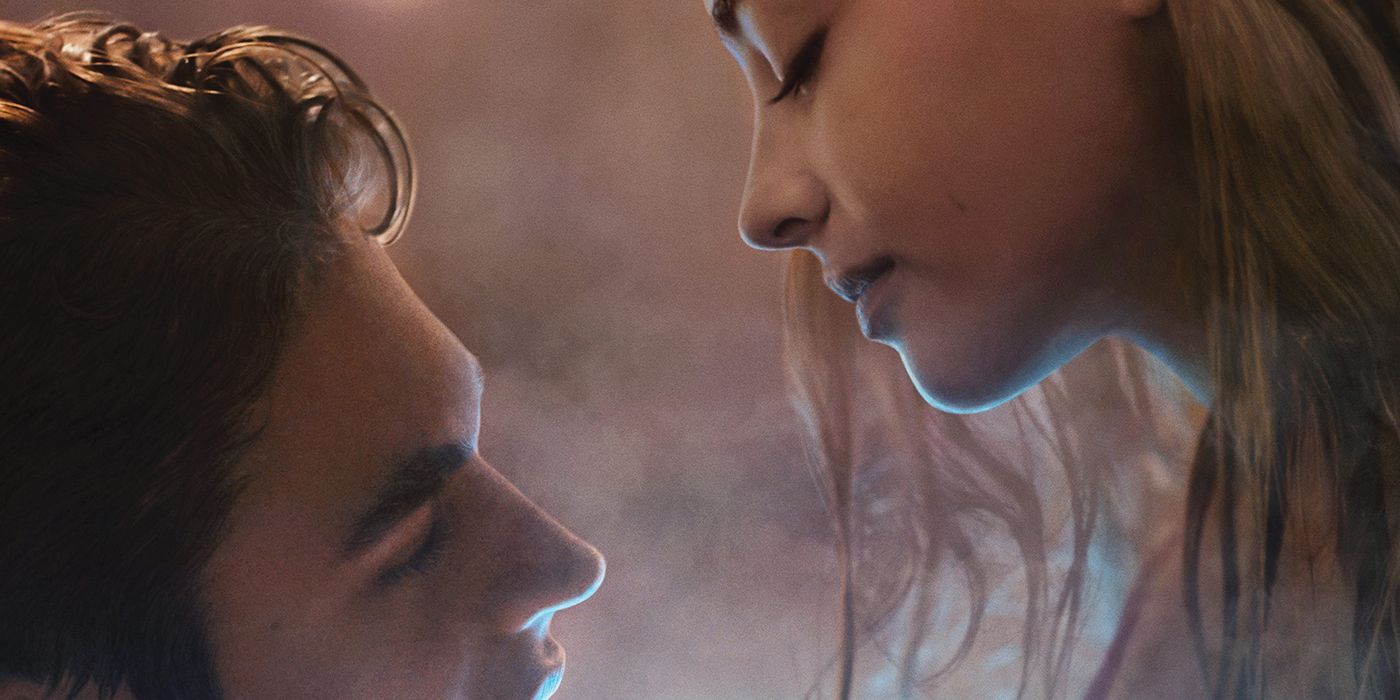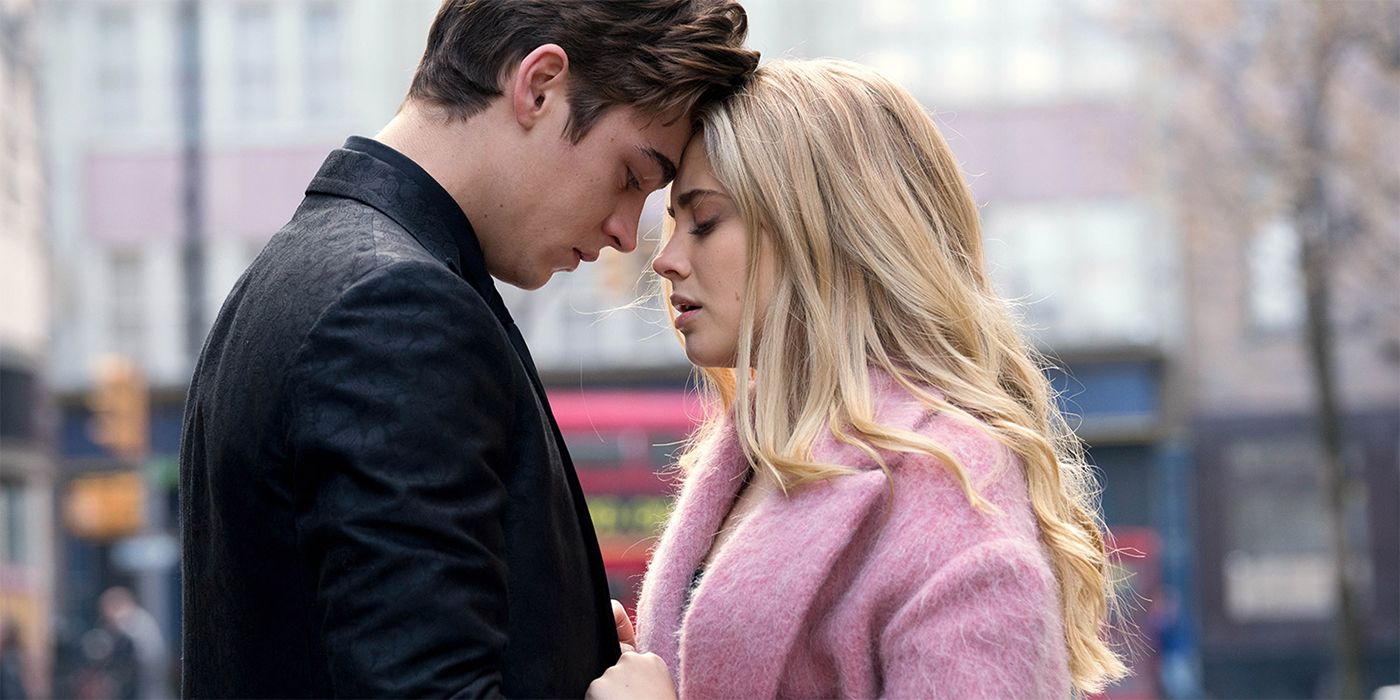After We Fell is the third installment in the ultra-popular After series, and fans will be able to watch it through Digital or On Demand starting October 19. The film further explores the passionate yet dysfunctional relationship between its leads, but this time around new external conflicts such as careers and family secrets are introduced. Have our heroes grown enough to stand by each other when it counts, or are they doomed to fall apart again?
Tessa (Josephine Langford, Moxie) lands her dream gig in Seattle, which means she must be apart from Hardin (Hero Fiennes Tiffin, Safe) for longer than he'd like if he refuses to come with her. On the other hand, his attempts at self-improvement are undercut by the added complication of Tessa's alcoholic father coming to stay with them and shocking secrets about his own family coming to light.
Langford and Fiennes Tiffin spoke to Screen Rant about how their characters cope with the new layers added to their dynamic, and what changes new director Castille London brought to the table.
Screen Rant: Josephine, I really like how we track Tessa's professional ambitions throughout the series thus far. They obviously play a really important part in After We Fell, so can you talk about what Seattle means to her?
Josephine Langford: She's been offered an internship at Vance Publishing, and I think it's her foray into the adult world and into the workforce. Not that she's really entering it - because she's still in college, obviously, and it's just an internship - but I think it provides this opportunity for her to get into something that she loves. Which obviously doesn't happen to most people in college, to be offered an internship while they're still there.
Hardin was really struggling in this film with a lot of his inner demons, and he's lashing out at others because of them. What is it like for you to explore that darkness inside him, and what is his biggest obstacle to overcome this film?
Hero Fiennes Tiffin: I love it; I enjoy it. It's quite freeing to be able to do that because I feel like we restrict ourselves a lot, and Hardin doesn't. And at times, I have to admit, it is quite enjoyable.
But obviously, on the flip side, the biggest obstacle to overcome is his temperament and his vulnerability. It's how much he relies on the alcohol, and how he is still broken inside, and how dependent he is on Tessa, and a number of things. I don't even know what's at the top, they all often find themselves falling into one big jumble of things.
I guess picking that mess up slowly, bit by bit, and gradually fixing himself is his obstacle.
Castille Landon takes the reins directing this film. Did she bring a different perspective for you? I was personally surprised by how young she is, combined with the youthful energy of the film. What did you get from her experience as a director?
Josephine Langford: I think she definitely brought a different energy to these films; I think every director does.
She's read the books, and that helps when you're doing an adaptation - not that that's always necessary. But I think she has a grittier style, and she's very sensitive. She captures the sensuality well, and she gives the scenes room to breathe. Being young and coming from an acting background definitely helps with that.
We explore a few more family dynamics in this film. What doors would you say that opens when it comes to Tessa and Hardin's relationship?
Hero Fiennes Tiffin: The most notable thing about the change in storyline here is that - while they're still dealing with obstacles and hurdles in trying to make the relationship work - they've gotten older and now they're dealing with the more adult issues.
Family has been there [before], but it comes into play a lot more now - on both sides, for sure. I think it's especially relatable, which is a good one. I feel like the previous films are slightly more specific, but that theme in general is more relatable and important to explore for that exact reason. I'm excited for the fans to see those sides of the characters.
On the flip side, Tessa gets opportunities to compare what a relationship with another man could be that is not Hardin. And yet she knows that she wants him, so she never wavers. What is it that you think Tessa sees in Hardin that always brings her back to him?
Josephine Langford: First of all, I don't think it's just this film. I think in all the films, she has an opportunity to compare him to another guy. I think that part of the frustration, and part of the draw, of the relationship, is that they don't really know - at least at the start - why they're drawn to one another. It's a bit of an intangible connection.
But I think that if you were really to analyze it, intellectually, they're very similar. I think that they just have qualities that complement one another, and eventually, they bring out the best in one another. I think they also bring out the worst, but it's that situation - not so much of opposites attracting, but different people complementing one another's qualities.
After We Fell is available everywhere on Digital HD and On Demand October 19.


